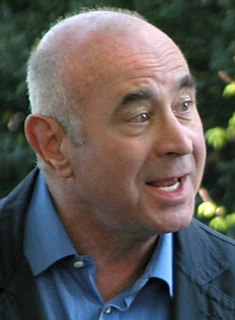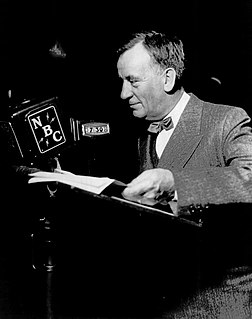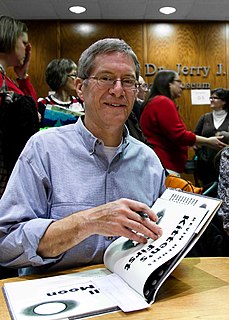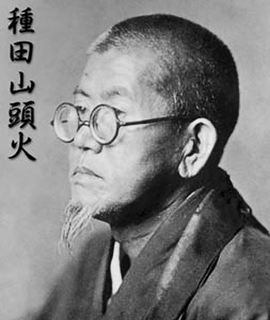A Quote by Misha Collins
I guess haiku is an inspiration for me. Everyday, simple moments.
Related Quotes
I really do think inspiration comes from day-to-day life. I think there's things that pique our interest - not necessarily aha! moments - but things that just kinda make you raise your eyebrows. And those are often the moments that are the seeds of inspiration. Sometimes they're in a great conversation with friends, sometimes they're things you see live, something you read, a movie trailer you watch... I think inspiration is kind of laid out there. One thing we have to practice is recognizing when it happens, and recording that moment so we can come back to it.
Real haiku is the soul of poetry. Anything that is not actually present in one's heart is not haiku. The moon glows, flowers bloom, insects cry, water flows. There is no place we cannot find flowers or think of the moon. This is the essence of haiku. Go beyond the restrictions of your era, forget about purpose or meaning, separate yourself from historical limitations—there you will find the essence of true art, religion, and science.



































